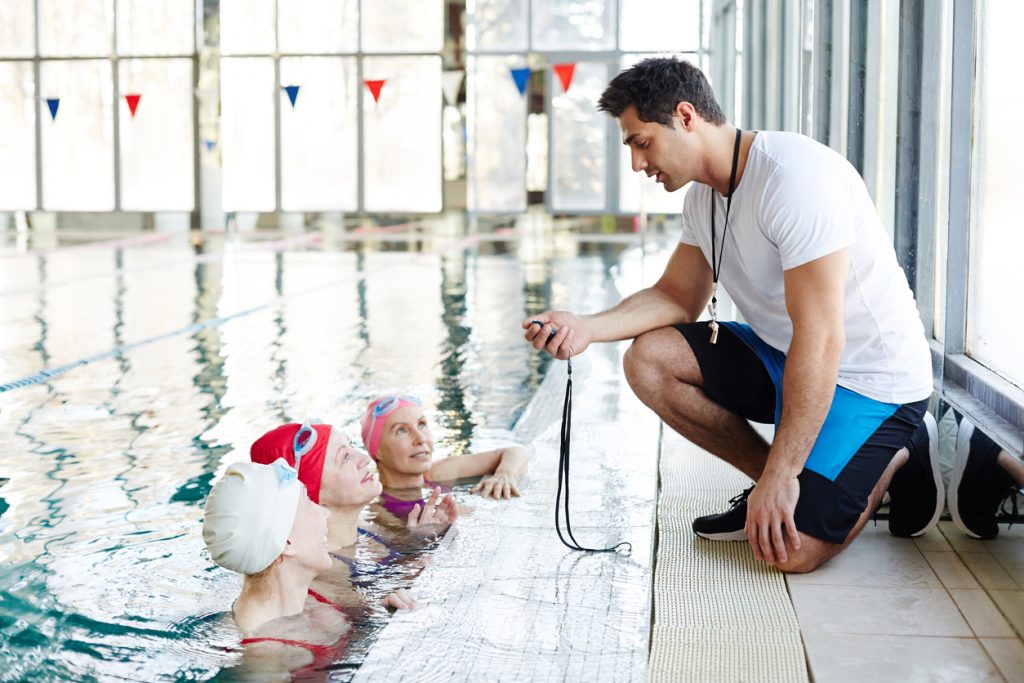The Workforce Governance and Registration Scheme Project is a sector-wide piece of work commissioned by Sport England and UK Sport following the recommendations of the Whyte Review, with the objective of supporting, safeguarding and regulating the workforce to allow everyone taking part in sport and physical activity to enjoy safe and high-quality experiences, and to be supported in achieving their goals in a positive environment.
Introduction
The project is being led by CIMSPA (the Chartered Institute for the Management of Sport and Physical Activity) working in partnership with Sport England and UK Sport, the National Governing Bodies of Sport, other sporting bodies and key stakeholders.
CIMSPA is committed to the success of this project, and we will be providing regular updates and engagement with all stakeholders across its duration.
For further information please check the Workforce Governance section of the CIMSPA website or view our Frequently Asked Questions.
For any direct queries you can also email: workforcegovernance@cimspa.co.uk
Project update: October 2025
The current phase (Phase 3) of Workforce Governance and Registration Scheme Project reached its two-year milestone in April of this year.
Across that time CIMSPA have collaborated with over 70 National Governing Bodies (NGBs) and wider system partners, whilst continuing to maintain an integrated approach that aligns with Sport England and UK Sport’s policy response to the Whyte Review.
Please see CIMSPA’s December 2024 project update for more information on each phase of the project.
Interim Report
The interim report, submitted to Sport England, highlights the insight and data collected from the 120+ touchpoint exercises conducted with UK and England-centric NGBs during the initial phases of the project, and how that data then helped to identify areas of challenge and development in areas such as governance, processes and systems that supported the creation of the required conditions for a pilot register.
Also included in the report are the findings from the more detailed integrated workforce audits that followed the initial touchpoints, alongside the feedback and recommendations from the testing of the practical capabilities of the pilot register’s various policies and digital components.
Delivered on time and on budget, the interim report was submitted in May 2025, after the initial project completion date in April 2025.
Ongoing Work
CIMSPA continues to support Sport England’s lead on the strategic direction of workforce governance and registration.
Having acknowledged the value of the insight and information being generated from the project, Sport England awarded CIMSPA an extension in March 2025. This allowed CIMSPA to continue their work with a further 20 sporting bodies and other system organisations to undertake further discovery and specifically additional analysis into the sporting body’s readiness to meet the accreditation standards for holding a register.
In August, CIMSPA also hosted an online drop-in session for sporting body workforce leads to facilitate discussion around their ongoing work on the project, and to provide insight around the interim report and its recommendations. Work is still progressing with these bodies to follow up on any questions or queries that arose from the session.
Sport England continues to communicate independently with workforce leads and sporting body CEOs to provide updates and clarity on their strategic direction and how, moving forward, the outcomes and recommendations from the Workforce Governance and Registration Scheme Project will feed into their coaching action plan.
Thank You
CIMSPA would like to pass on its thanks to all NGBs, system partners and other organisations, including those from the home nations, for their continued support and collaboration throughout this project. As a sector, the development of an effective strategy to create the conditions to reduce the risk of harm to participants, promote safe sport and support our workforce, remains a priority.
